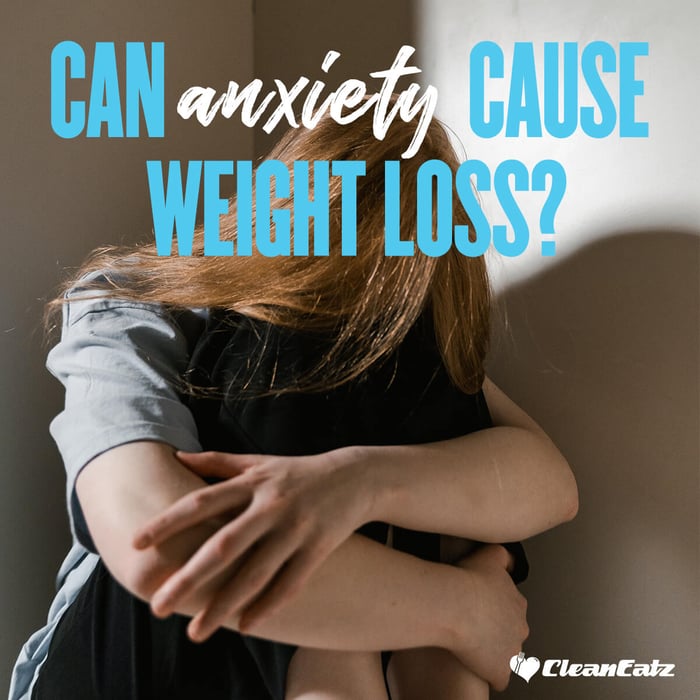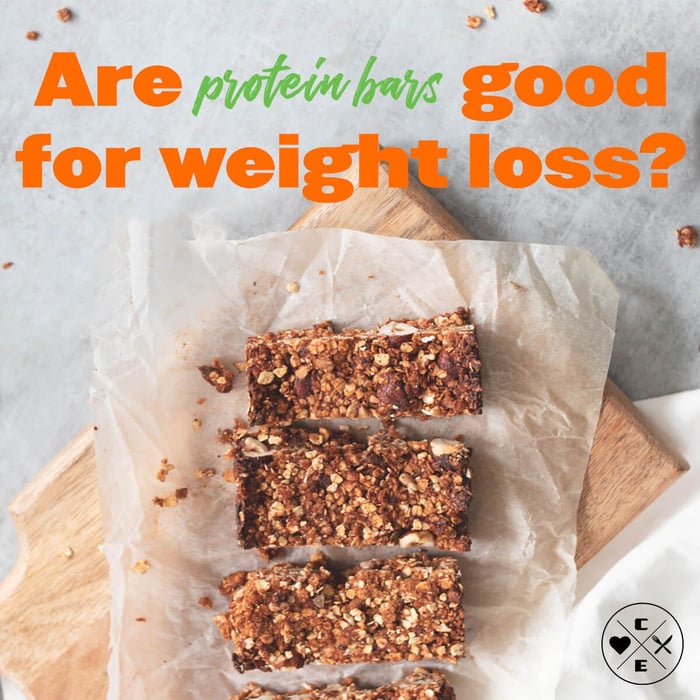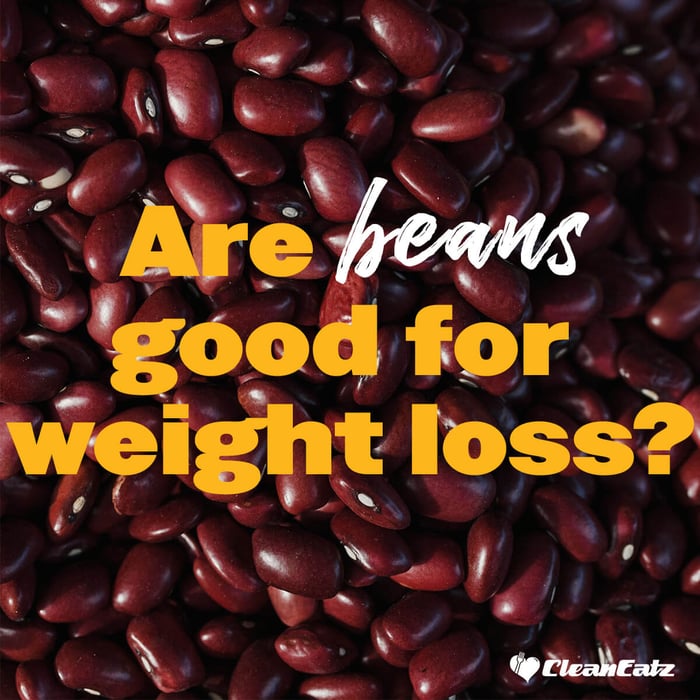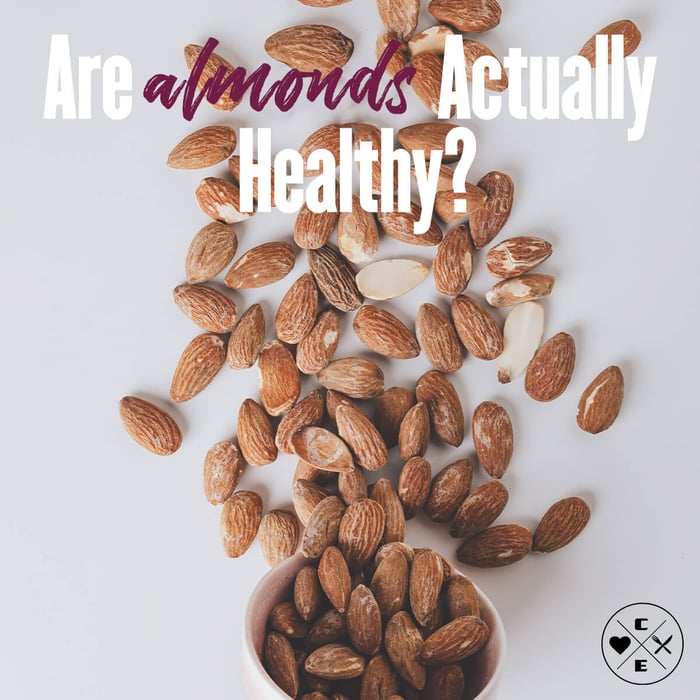Can Anxiety Cause Weight Loss? Causes, Red Flags & What Helps

Ellie Lopez, LDN, MS
Weight Loss
|
Mental Health
11/26/2025 2:57pm
11 minute read
Quick answer: Yes—anxiety can lead to unintentional weight loss in some people by suppressing appetite, triggering nausea or digestive discomfort, disrupting sleep, and making it harder to maintain regular eating patterns. The question “Can Anxiety Cause Weight Loss” comes up often, and the answer is yes for some individuals—but not for everyone. Some people actually eat more when coping with chronic stress.
If you lose 5% or more of your weight unintentionally within 6–12 months, it’s important to speak with your clinician to rule out medical causes and get the right support.
Why anxiety can lead to weight loss
Anxiety can influence eating patterns through several physiological and behavioral pathways. For some people, these changes temporarily reduce appetite or make eating physically uncomfortable, leading to unintentional weight loss. Here’s what the research shows:
Appetite suppression through stress signaling
Acute anxiety activates the body’s stress system, increasing the release of corticotropin-releasing hormone (CRH) in the hypothalamus. CRH plays a well-established role in suppressing appetite and slowing digestive activity, which helps explain the loss of hunger many people experience during periods of high stress (NCBI Bookshelf – Stress System, 2023). Appetite-regulating hormones can also shift under stress. A 2021 meta-analysis found that ghrelin, a key hunger-stimulating hormone, fluctuates during acute psychological stress, showing that stress can interfere with normal hunger signaling even before food intake changes.
More recent research suggests that persistent psychological stress may further influence appetite regulation through hormone–inflammation interactions and gut–brain pathways, which can contribute to reduced appetite over time.
GI symptoms that make eating harder
Anxiety doesn’t just live in the mind — it can show up clearly in the gut. When your stress response is “on,” the gut–brain axis shifts: stomach emptying can slow down or speed up, and the nerves in your digestive tract become more sensitive. For many people, that translates into nausea, “knots” in the stomach, reflux, bloating, diarrhea, or constipation. Even if you want to eat, those sensations can make food feel unappealing or hard to tolerate, which naturally lowers how much you take in.
Clinical data back this up. In a 2020 cross-sectional study of young adults, higher levels of trait anxiety were independently associated with a greater burden of gastrointestinal symptoms, even after adjusting for factors like BMI and eating-disorder history (Söderquist et al., 2020). For someone already feeling on edge, this combo of nausea, early fullness, and cramping can make regular meals much harder to manage, which is one way anxiety can contribute to unintentional weight loss.
Routine disruption
Anxiety often interferes with the daily structure that supports regular eating. When stress levels rise, people may sleep less, delay or rush meals, snack in a more unplanned way, or rely on whatever feels easiest rather than sitting down for balanced food. Over time, this can lead to less consistent eating and lower overall energy intake, even without any intention to lose weight. A 2022 systematic review and meta-analysis in healthy adults found that psychological stress is associated with disrupted eating behaviours, including reduced intake of healthier foods (like fruits and vegetables) and more irregular eating patterns. Although individual responses vary—some people eat more, others less—the overall pattern shows that stress alters how regularly and how well people eat.
For people who lose their appetite when anxious, this mix of disorganized routines and less nourishing food choices makes it easier to skip meals or fall short on calories, contributing to unintentional weight loss.
Related conditions & coexisting eating-behavior patterns
For some people, anxiety doesn’t just reduce appetite — it can also coexist with or contribute to disordered eating patterns that impact weight and nutritional status. This can include restrictive eating, chaotic meal patterns, or loss of hunger cues.
A recent review identified anxiety as a significant risk factor for disordered eating behaviors, including restrictive tendencies and unhealthy weight-control practices. This means that individuals with higher anxiety levels may be more vulnerable to patterns that inadvertently reduce calorie intake.
In population-based research, anxiety has also been linked to irregular appetite signals and disinhibited eating, suggesting that anxiety can disrupt eating behaviour long before any clinical diagnosis is made. These disruptions can lead some individuals to unintentionally eat less, skip meals, or rely on inconsistent patterns that contribute to weight loss.
People who experience this overlap often find that weight loss isn’t just a consequence of poor appetite — it stems from a combination of emotional distress and disrupted eating patterns, and may benefit from support that addresses both nutrition and mental health.
Red flags & when to seek care
Anxiety can affect appetite and digestion, but not every case of unintentional weight loss should be attributed to anxiety alone. While Can Anxiety Cause Weight Loss is a common question—and yes, it can in some people—there are situations where weight loss signals something more serious and requires medical attention. These are the signs to watch closely:
Significant unintentional weight loss
A loss of 5% or more of body weight within 6–12 months (often 8–10 lb for many adults) is clinically relevant and should be evaluated.
Persistent gastrointestinal symptoms
Ongoing nausea, vomiting, diarrhea, difficulty swallowing, abdominal pain, or blood in the stool are not typical of anxiety alone and merit a medical assessment.
Systemic or whole-body warning signs
Unexplained fatigue, fever, night sweats, shortness of breath, or chest pain may indicate an underlying medical condition unrelated to anxiety.
Possible indicators of an eating disorder
Fear of weight gain, rigid food rules, avoidance of meals, guilt after eating, or changes in body-image perception require prompt professional support. Anxiety and disordered eating frequently overlap, and early intervention improves outcomes.
When in doubt
Even if you suspect anxiety might be contributing to appetite changes or weight loss, it’s important not to self-diagnose. A clinician can rule out underlying issues such as thyroid disorders, diabetes, gastrointestinal disease, chronic infection, or nutrient malabsorption, and guide you toward appropriate care.
What helps (food-first + habits)
When people ask Can Anxiety Cause Weight Loss, the follow-up question is usually: What can I do to support my appetite and maintain steady nutrition when anxiety is high? Small, consistent habits make a meaningful difference. These strategies focus on easing digestion, stabilizing energy, and helping your body receive enough nourishment—even on harder days.
Anchor predictable eating times
Aim for three small meals and one to two snacks spaced through the day. Regular timing helps regulate hunger signals and prevents long stretches without food, which can worsen nausea or anxiety.
Include protein at each eating opportunity
Adding around 25–35 g of protein per meal supports muscle maintenance, steady blood sugar, and more stable energy. This is especially helpful when appetite is low or meals are smaller.
Choose gentle, easy-to-digest foods
Warm meals, soft textures, and simple combinations—like rice bowls, soups, or yogurt with fruit—are often better tolerated when the stomach feels tense or unsettled.
Hydrate gradually
Sip water or electrolyte drinks throughout the day rather than drinking large amounts at once. Hydration supports digestion and appetite, but too much liquid at once can worsen fullness or nausea.
Limit stimulants that heighten anxiety
Caffeine, energy drinks, and even strong tea can increase jitteriness or reflux in sensitive individuals. Cutting back may ease symptoms and make eating feel more comfortable.
Use small, supportive stress-management tools
Short walks, controlled breathing, grounding exercises, and CBT-based strategies can help calm the stress response that suppresses hunger. Pairing nutrition with emotional support is often the most effective approach.
Get professional support when needed
If anxiety keeps interfering with your ability to eat enough, a clinician, therapist, or dietitian can help you rebuild regular patterns safely and sustainably.
Gentle foods when appetite is low
When appetite drops, eating can feel like a chore—but nourishing your body still matters, especially if anxiety has been affecting your intake. Many people who wonder Can Anxiety Cause Weight Loss also want to know what foods feel easiest on anxious or unsettled digestion. Soft textures, warm temperatures, and simple combinations tend to be the most comfortable.
These gentle options can help you get steady calories and nutrients without overwhelming your stomach:
Soft proteins
Greek yogurt or cottage cheese
Scrambled eggs, tofu, or soft baked fish
Smoothies with Greek yogurt, protein powder, or milk
Warm, easy-to-digest meals
Broth-based soups with added chicken, tofu, or lentils
Mashed potatoes or sweet potatoes with a protein source
Rice bowls with soft vegetables and mild seasonings
Simple, energy-dense snacks
Peanut butter or almond butter on toast or crackers
Banana with nut butter
Oatmeal with milk and a spoonful of nut butter or protein powder
Blended and liquid meals
When chewing feels hard or nausea kicks in, blended meals can be easier to tolerate:
Smoothies with fruit + yogurt + oats
Blended vegetable soups
Ready-to-drink high-protein shakes (as a bridge, not a long-term solution)
These foods are gentle on the stomach, provide consistent energy, and help you meet your needs even when eating feels difficult. They can also serve as stepping-stones while you rebuild regular meals.
What to eat from Clean Eatz Kitchen
When your appetite is low or your routine feels overwhelming, having ready-to-go meals can make eating much easier. The goal is to keep your nutrition steady without adding pressure, decision fatigue, or long cooking times. Clean Eatz Kitchen offers several options that fit well on days when eating feels challenging.
- Build-A-Meal Plan: Our Build-A-Meal selections allow you to choose simple components in softer textures that are gentle on digestion. These meals can be eaten in smaller portions throughout the day if large meals feel difficult.
- Meal Plans: if planning meals is a struggle, the rotating Meal Plans offer balanced portions with consistent nutrients. This structure helps you maintain regular eating times, which can be especially helpful when appetite is irregular.
- Protein PB&J: a familiar, comforting option that provides protein and steady energy in a small, easy-to-tolerate serving. Great for mornings or moments when you just need something quick.
FAQ
Can anxiety cause rapid weight loss?
Anxiety can lead to rapid weight loss in some people, especially when appetite drops sharply or nausea makes eating uncomfortable. However, rapid or significant weight loss should never be assumed to be anxiety alone. A clinician can help rule out thyroid conditions, infections, gastrointestinal issues, or other medical causes.
Does anxiety increase metabolism?
Not in a meaningful long-term way. Anxiety can create a short, temporary rise in stress hormones that may influence energy use for a brief period, but changes in how much you’re able to eat are a much bigger driver of weight loss than metabolic shifts.
How long does anxiety-related weight loss last?
It varies. Some people regain their usual appetite as soon as their stress decreases, routines return, and sleep improves. Others may need professional support—especially if appetite remains low or eating feels difficult for more than a few weeks.
What if I’m not sure whether anxiety is causing my weight loss?
You’re not alone—many people wonder "Can Anxiety Cause Weight Loss" or if something else is going on. If you’re unsure, or if the weight loss continues despite your best efforts to eat regularly, it’s important to seek medical advice. A clinician can help you sort out what’s related to stress and what might need further evaluation.
Can anxiety and eating disorders overlap?
Yes. Anxiety can coexist with restrictive eating, chaotic meal patterns, or other disordered behaviors. If you notice fear of weight gain, skipping meals, strong guilt around eating, or body-image concerns, it’s important to seek help early. Nutrition and mental-health support together are often the most effective path.
This content is for educational purposes only and does not replace personalized professional advice.
Related Articles
Are Protein Bars Good for Weight Loss?
19 minute read
Are Almonds Good for Weight Loss?
4 minute read



